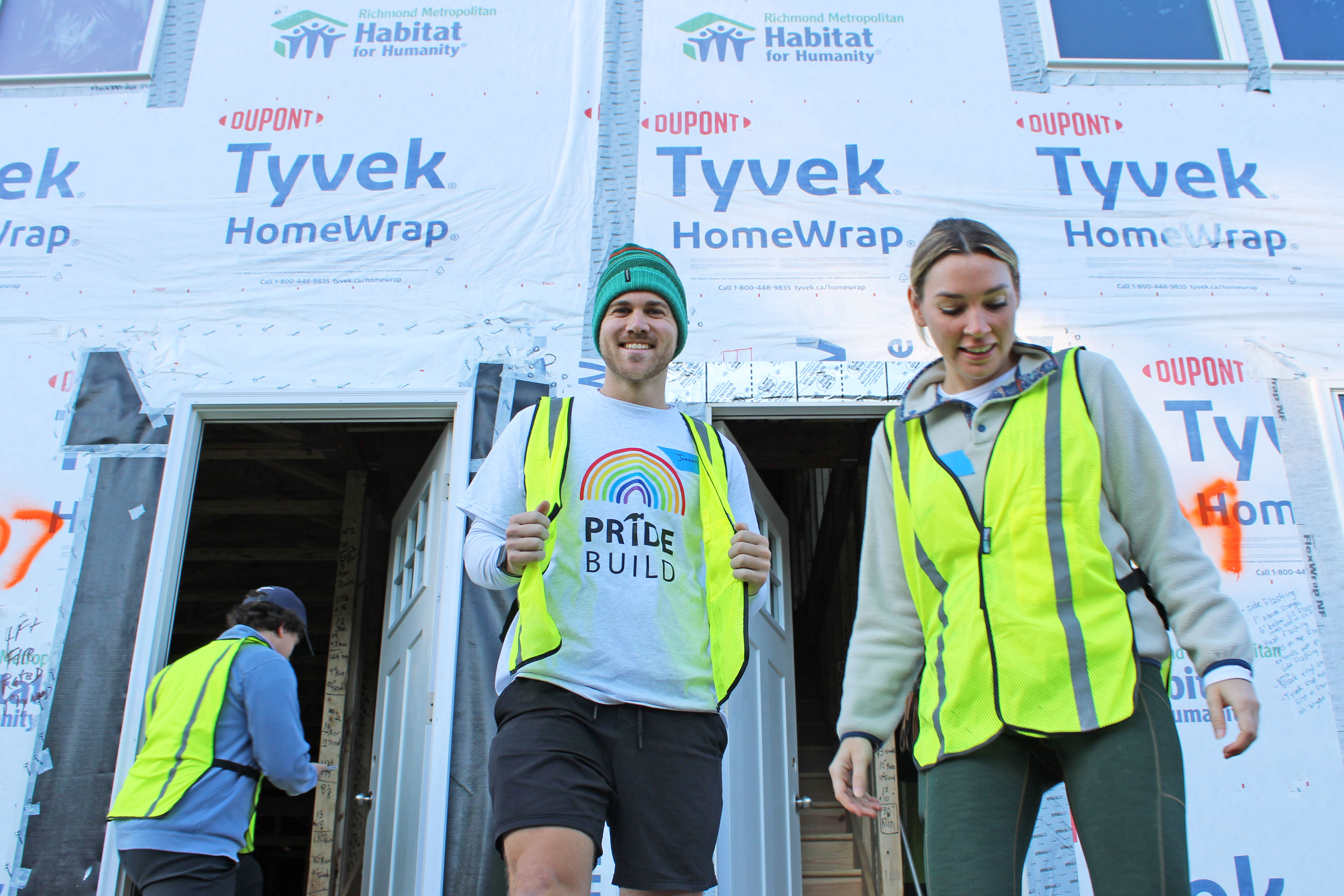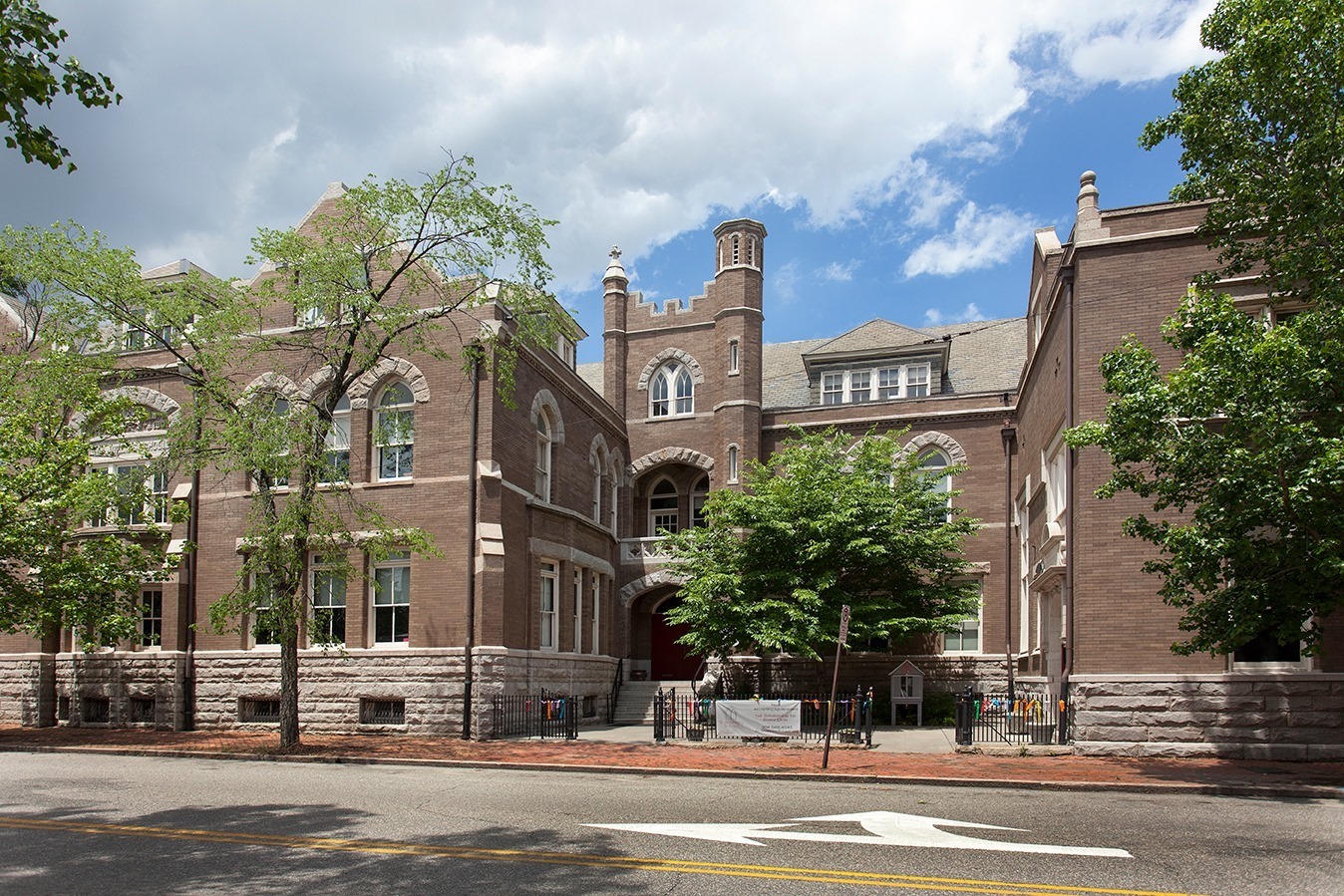Housing is a basic human need, yet for many people around the world, access to safe, affordable housing is out of reach. Inequities in housing are a major problem that affects individuals, families, and entire communities. These inequities can take many forms, from discrimination in the rental market to a lack of affordable options for low-income households.
One of the most prevalent forms of housing inequity is discrimination. People of color, people with disabilities, and members of the LGBTQ community are often subject to discriminatory practices in the housing market. This can include landlords refusing to rent to them, charging them higher rent, or steering them away from certain neighborhoods. This type of discrimination not only makes it more difficult for marginalized communities to find housing, but it also perpetuates existing patterns of segregation and economic inequality.
Another major issue is the lack of affordable housing options. In many cities and towns, housing prices have risen significantly in recent years, making it difficult for low-income households to find a place to live. This can lead to overcrowding, homelessness, and other negative consequences for individuals and families. The lack of affordable housing is particularly severe for people who are already marginalized, such as people of color and people with disabilities.
Another important aspect of housing inequity is the quality of housing. Many low-income households live in poorly maintained and unhealthy housing conditions, such as overcrowded, poorly ventilated, and poorly lit housing. This is particularly true for renters, who may not have the same rights and protections as homeowners. Poor housing conditions can lead to a wide range of health problems, such as asthma, allergies and other respiratory illnesses.
Housing inequity is not just a problem for individuals and families, but it also has a broader impact on communities and society as a whole. When people lack access to safe, affordable housing, they are less likely to be able to participate fully in society, and they are more likely to suffer from poor health and economic insecurity.
To address these issues, there is a need for comprehensive policy solutions that address the root causes of housing inequity. This includes passing anti-discrimination laws, increasing funding for affordable housing, and strengthening tenant rights. Additionally, organizations such as Habitat for Humanity, work to build affordable housing and support families in need of affordable housing.
It is important to recognize that housing is a human right and not just a commodity. By working together and taking action, we can help to create a more just and equitable society where everyone has access to safe, affordable housing.


